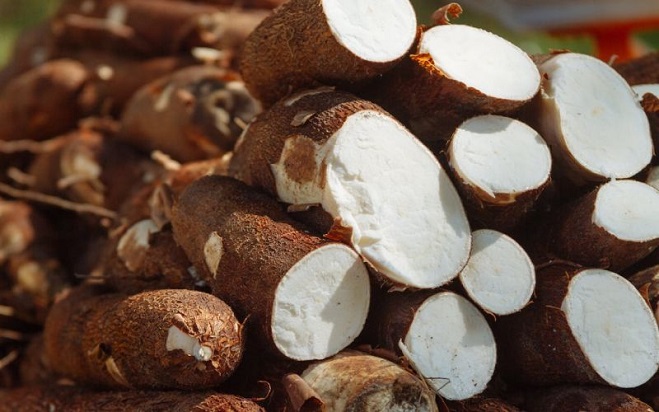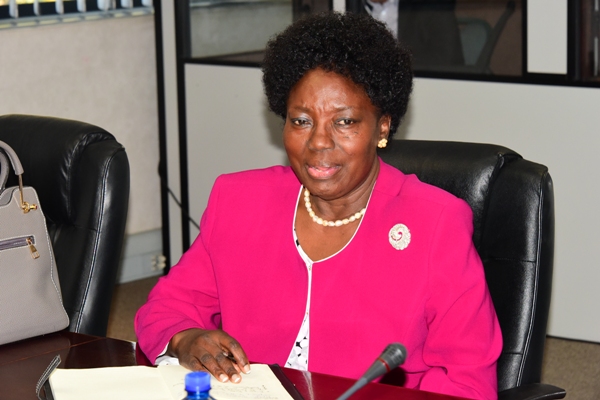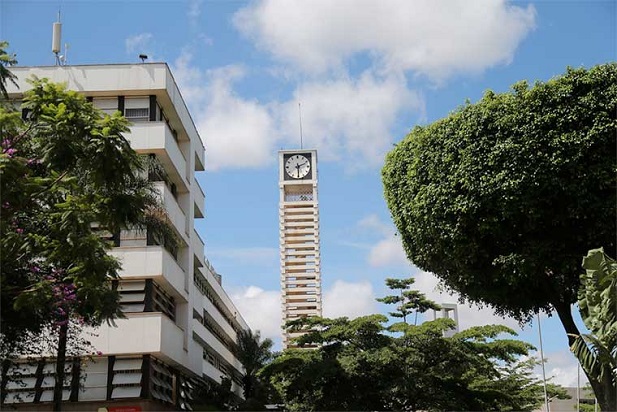Nutritionists have asked farmers to revive cassava growing to alleviate poverty and fight food insecurity in Napak district.
Although cassava remains the staple food for many communities in Northern Uganda, Karimojong has not yet adopted cassava growing as a food crop and the majority perceive it as a wild plant.
However, the cassava suppliers especially from the Teso subregion are reaping big from the Karimojong communities who buy cassava flour for making local brew which is majorly one of the income-generating activities for many households and cassava tuber used for food.
In 2001, the government introduced Cassava growing in Napak district as part of the effort to improve food security. The farmers gradually embraced the crop but later dropped due to a number of challenges such as prolonged drought, thieves, and diseases among others.
The Nutritionists argue that malnutrition and hunger in the households would be addressed by encouraging farmers to embrace cassava growing.
Judith Chelain, the Nutrition Manager at Catalyzing Strengthening Policy Action for Health Diet and Resilience Organization- CASCADE challenged farmers to consider reviving the cassava growing to ensure food security.
Chelain observed that farmers in Napak had greatly embraced the crop but the production has gone very low, yet it used to support their families.
Chelain said that cassava growing would help to address challenges of poverty in the households and malnutrition among the children due to lack of food.
She said the production team should do more research and identify the best variety that takes a shorter period to mature and disease resistant.
Justin Tuko, a farmer in Iriri Sub County, Napak District said that they were the first to start cassava growing but their efforts were frustrated by the thieves who used to steal it from the garden.
Tuko recalled that the cattle raiders believed to have come from Kotido district uprooted all the cassava he planted in the two acres of land within a single night.
He said that thieves have discouraged them from growing cassava unless everyone plants it so as to minimize theft.
Tuko also added that people should be sensitized to first understand the value of cassava growing so that everyone embraces it.
Abraham Nangiro, the Napak District Agricultural Officer noted that cassava growing has been the main crop that has been helping farmers along the greener zone.
Nangiro said that cassava is a perennial crop that takes a long time to mature and during the dry season the pastoralists end up grazing their livestock in the gardens.
He said that adaptability became a problem for most farmers and many have retreated from cassava growing.
Nangiro noted that they would wish to revive the project so that it is spread to the districts across the region since it is the most reliable crop for food security.
-URN





